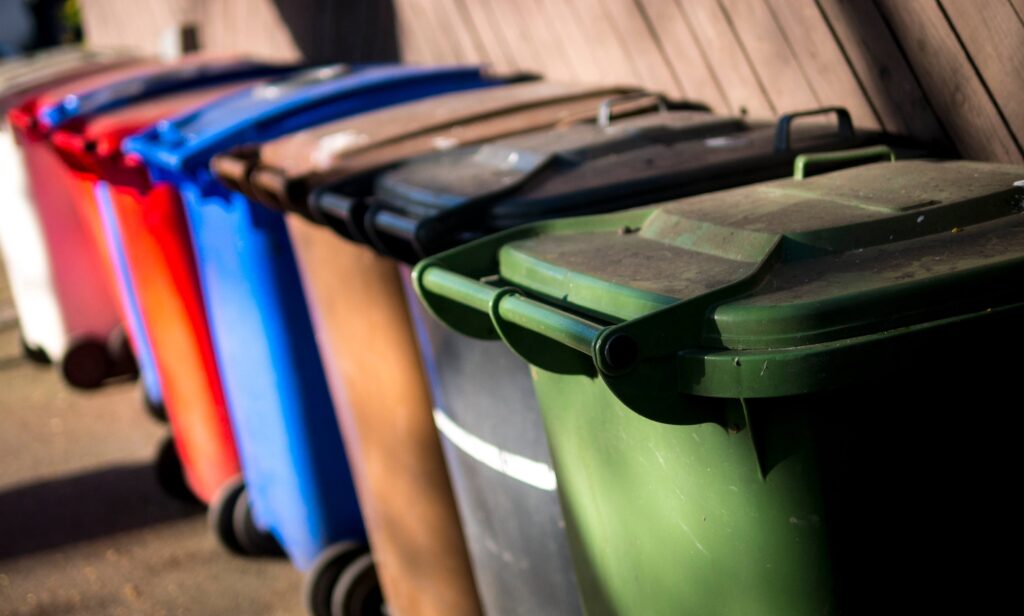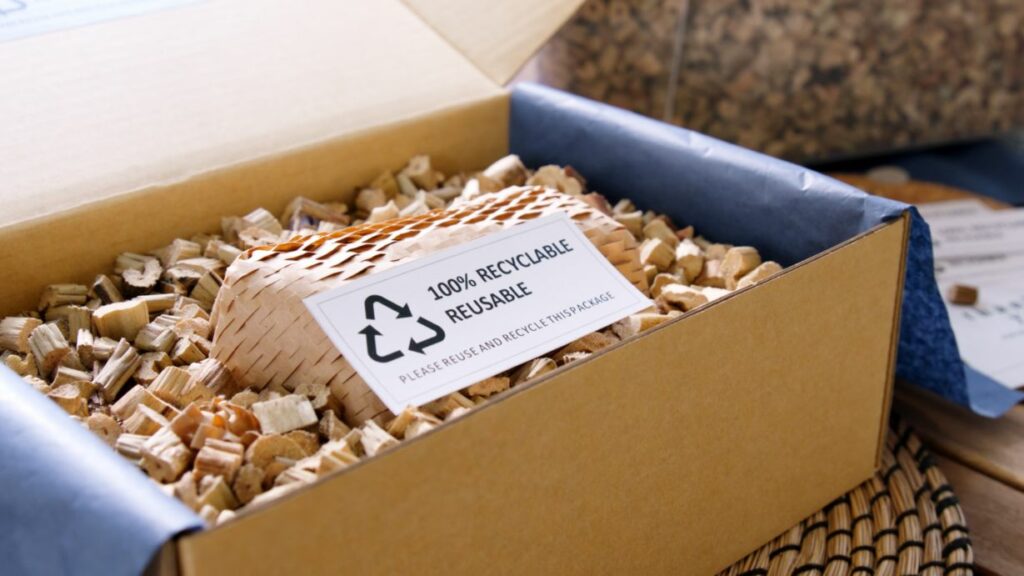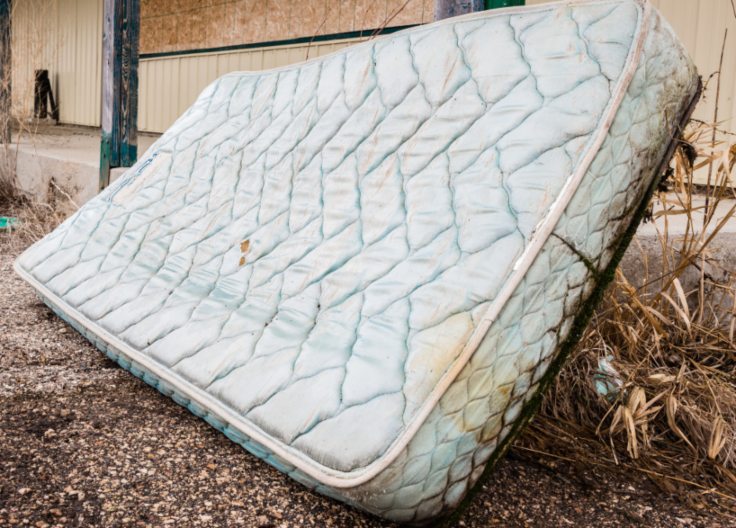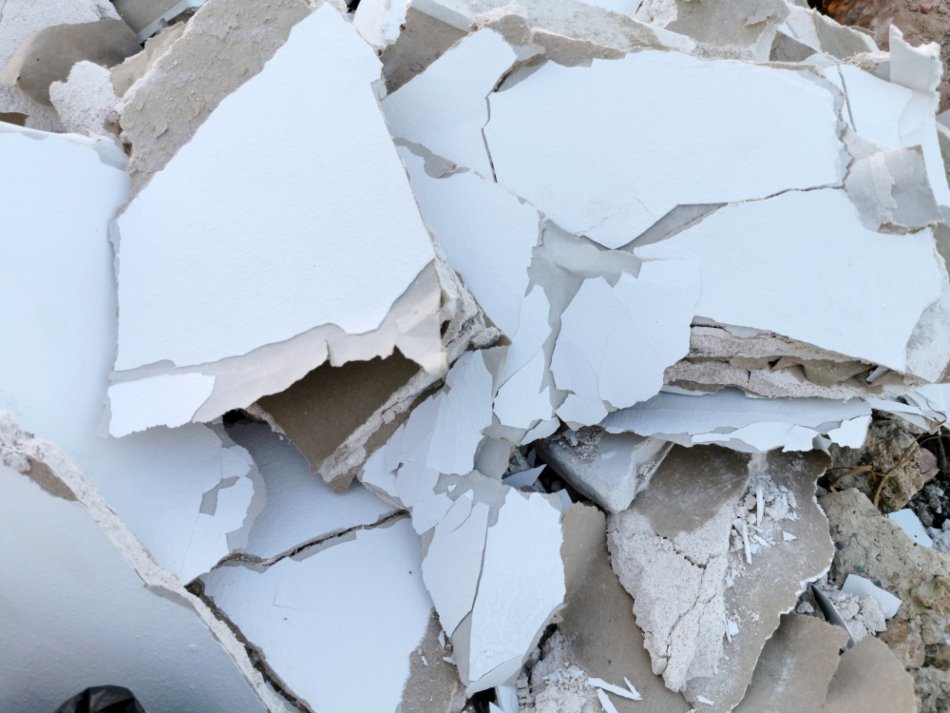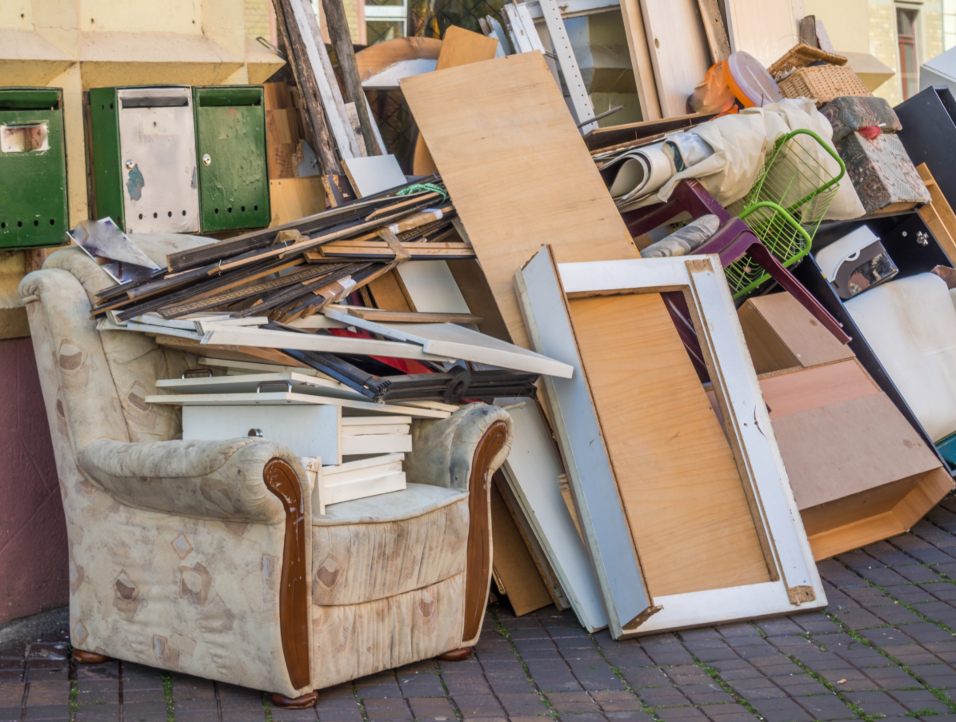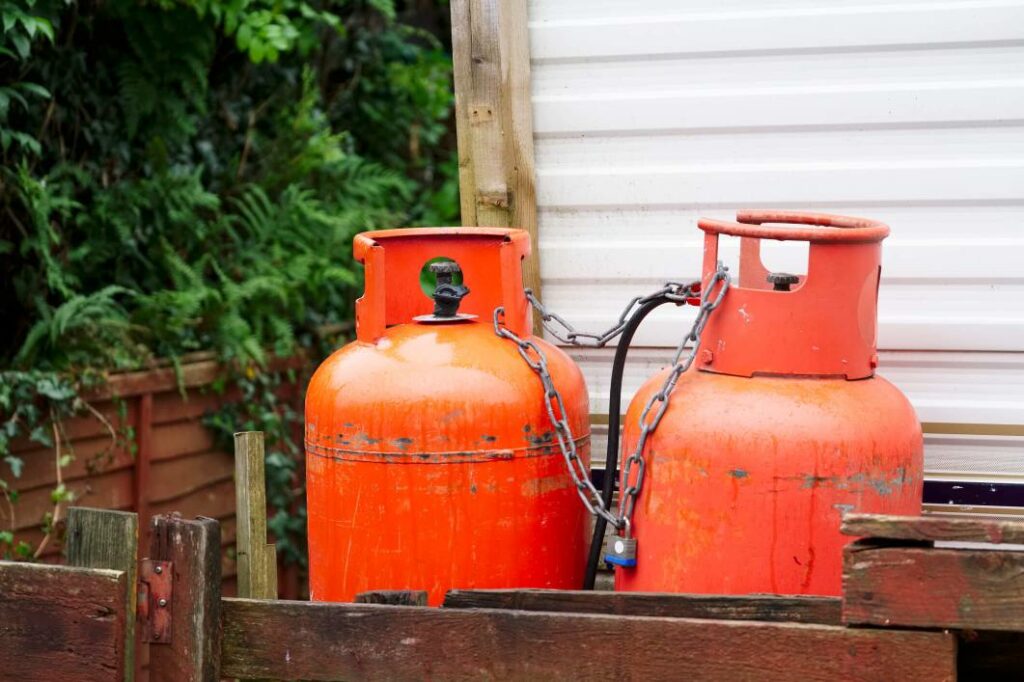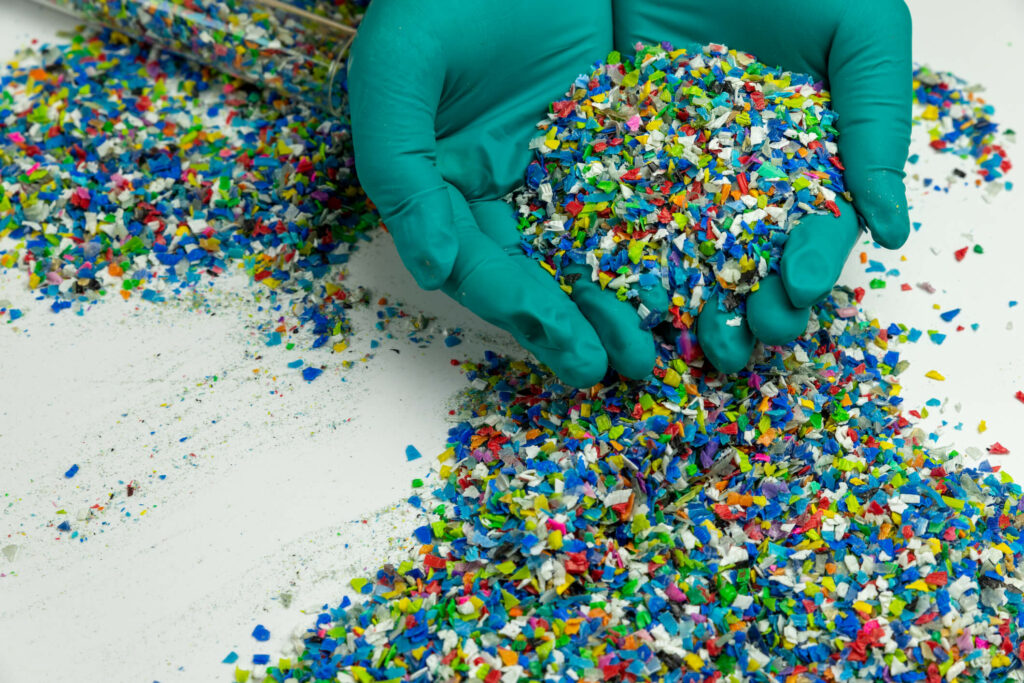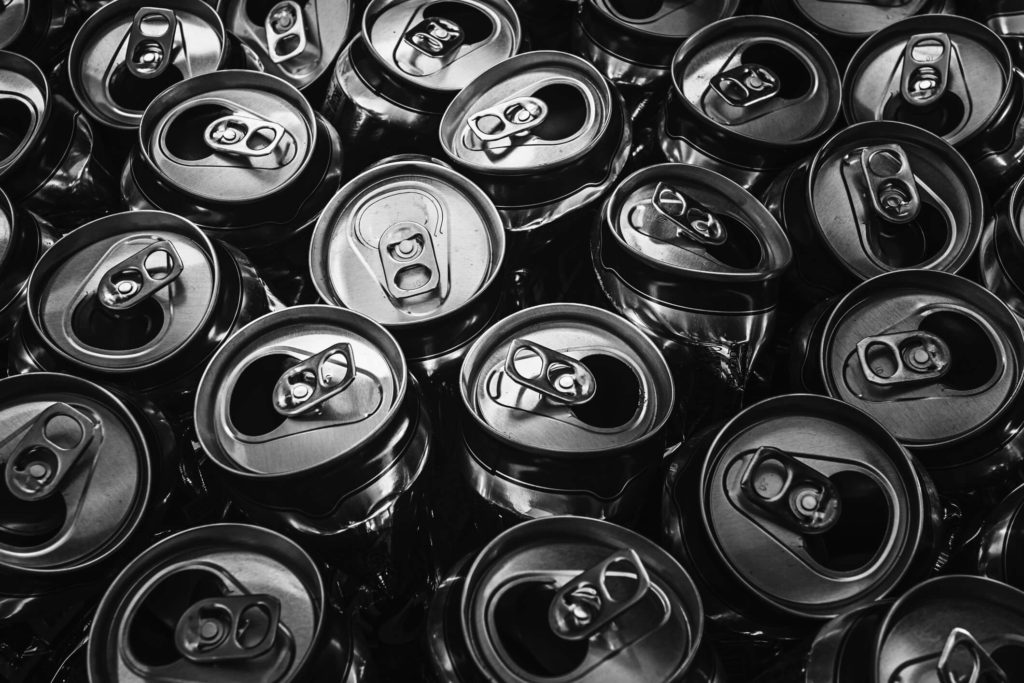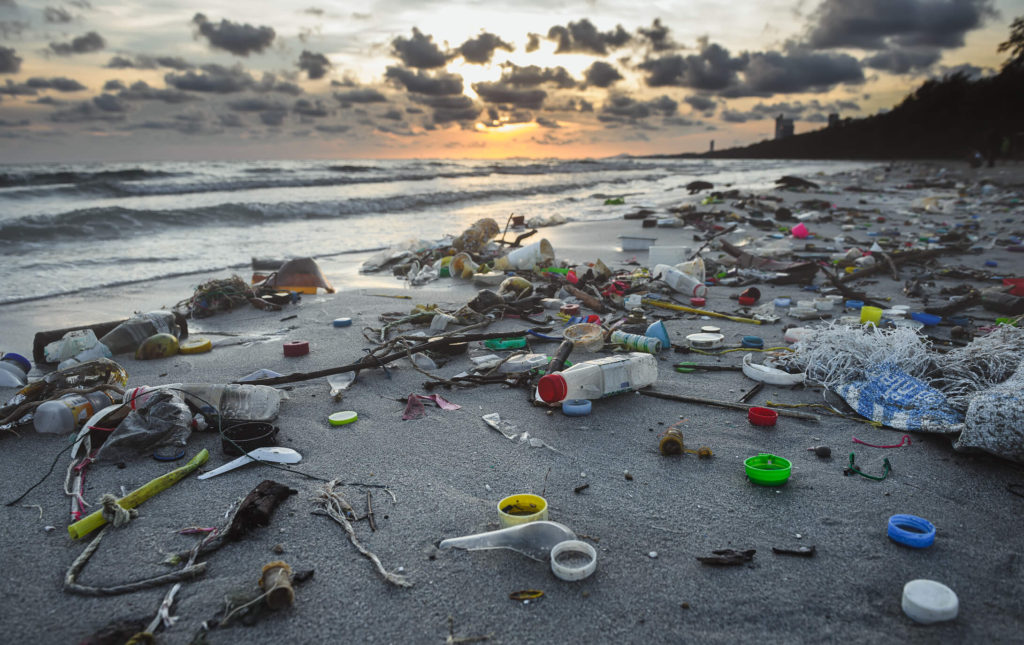The field of recycling is undergoing a remarkable transformation, driven by a surge of innovative technologies and approaches. These developments are setting the stage for a radical overhaul in waste management, steering us towards a future where sustainability and efficiency are the norm. In this article, we’ll discuss how cutting-edge innovations and technologies are reshaping the world of waste management, promising a cleaner, more sustainable tomorrow.
Revolutionising Material Sorting
One of the biggest challenges in recycling has been the efficient and accurate sorting of material. The limitations of conventional methods often lead to contamination and diminished quality of recyclables. However, innovations in sorting technologies are changing the game:
Robotics and Artificial Intelligence
The integration of AI with robotics is revolutionising recycling facilities. These intelligent systems are capable of identifying and sorting a vast array of materials with unmatched precision and speed, significantly enhancing the sorting process’s efficiency and effectiveness.
H3: Near-Infrared (NIR) Spectroscopy
This sophisticated technology uses infrared light to analyse the composition of waste materials on a molecular level. Its ability to swiftly identify various plastics and other materials is instrumental in segregating recyclables more effectively, thus optimizing the recycling process.
Chemical Recycling
Chemical recycling is emerging as a way to manage complex materials like plastics. Two important breakthroughs have been polymer recycling and enzymatic plastic decomposition.
Polymer Recycling
Unlike traditional mechanical recycling, which can degrade plastic quality, chemical recycling breaks polymers down to their basic molecules. These can then be reconstructed into high-quality plastics, offering a potential for endless recycling without loss in quality.
Enzymatic Plastic Decomposition
A pioneering approach involves using specially engineered enzymes to decompose plastics back to their original components. This method holds promise for being an energy-efficient and environmentally sound alternative to conventional recycling processes.
Innovations in E-Waste Management
With electronics becoming one of the most rapidly expanding categories of waste, innovative solutions are becoming increasingly important:
Recovery of Precious Metals
Emerging technologies are focusing on extracting valuable materials such as gold, silver, and rare earth metals from electronic waste. These methods not only lessen the need for new mining but also enhance the economic feasibility of E-waste recycling.
Automated Disassembly
The application of automation and robotics to the disassembly of electronic devices is paving the way for more efficient material recovery. This approach reduces landfill waste while maximizing the recycling of valuable components.
The Rise of Bio-Based and Biodegradable Materials
The development and adoption of bio-based and biodegradable materials are critical steps toward diminishing our dependence on finite resources.
Innovative Biodegradable Plastics
Research is yielding new kinds of plastics derived from renewable sources, such as corn starch, designed to decompose more rapidly and safely in the environment. These alternatives are particularly promising for replacing conventional plastics in single use applications.
Sustainable Packaging Alternatives
The exploration of bio-based packaging, including mycelium derived from fungi and algae-based plastics, offers eco-friendly alternatives to traditional packaging materials. These innovations are not only biodegradable but are also produced from renewable resources, significantly reducing the environmental impact associated with packaging waste.
Embracing the Circular Economy
The circular economy concept, where resources are reused and recycled indefinitely, is gaining momentum as a comprehensive waste management strategy.
Product-As-A-Service Models
These innovative business models focus on providing services rather than selling products, encouraging manufacturers to design for durability, repairability, and recyclability. This shift promotes resource efficiency and waste reduction.
Commitment to Zero Waste Goals
Across the globe, communities and businesses are adopting zero waste goals, striving to eliminate waste entirely. These initiatives emphasise recycling rates and composting of organic waste as pathways to a more sustainable approach to managing resources.
Conclusion
The development and implementation of advanced innovations and technologies are creating a shift towards a more sustainable and efficient waste management future. From the precision of AI in sorting to the groundbreaking potential of chemical recycling for plastics, the strategic recovery of precious metals in e-waste, and the adoption of bio-based materials, these advancements are charting a course toward a greener future.
The journey to a more sustainable future is a collaborative effort, requiring investment, innovation, and a unwavering commitment to sustainability from all sectors. By embracing and advancing these recycling innovations, we can significantly reduce our environmental footprint, paving the way for a more sustainable and prosperous world for future generations. This transformative era in recycling not only represents a leap toward environmental stewardship but also embodies the ingenuity and resilience of humanity in facing its ecological challenges.
Recycling Experts
For over 24 years, Budget Waste Management has been providing courteous efficient recycling services. We are leading regional recyclers of both commercial and domestic waste. We now boast a modern, large fleet of skip-hire trucks and tippers complemented by large-scale recycling machinery. This allows us to remove almost all types and volumes of waste and recycle nearly all of it on our premises in Honeybourne. In fact, we are able to recycle 95 per cent of the waste we process.
We take waste from Worcestershire, Warwickshire, and Gloucestershire and export all over the UK and Europe. We are passionate about meeting new aims and recycling targets. Our ethos is to reduce and reuse and as a result, we sell a range of processed aggregates and soils all from our centre on the outskirts of the Cotswold and Vale of Evesham. Supporting our community is at the heart of what we do, from working with local charities to skips for village clearances, we are always looking for ways to make a difference.
When you need to hire a skip, give us a call at 01386 941181 or check our website. We offer a variety of skips. We can often deliver the same day with orders placed before 12:00 noon. And we can deliver or collect skips without you being at home.

